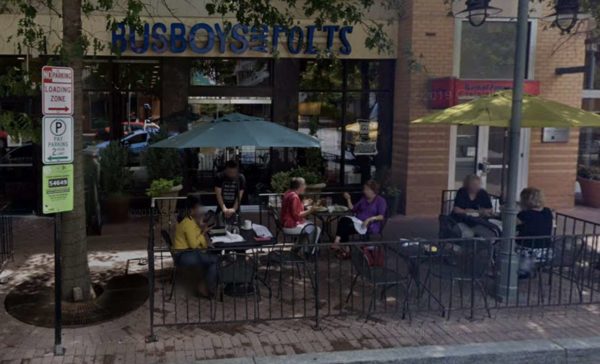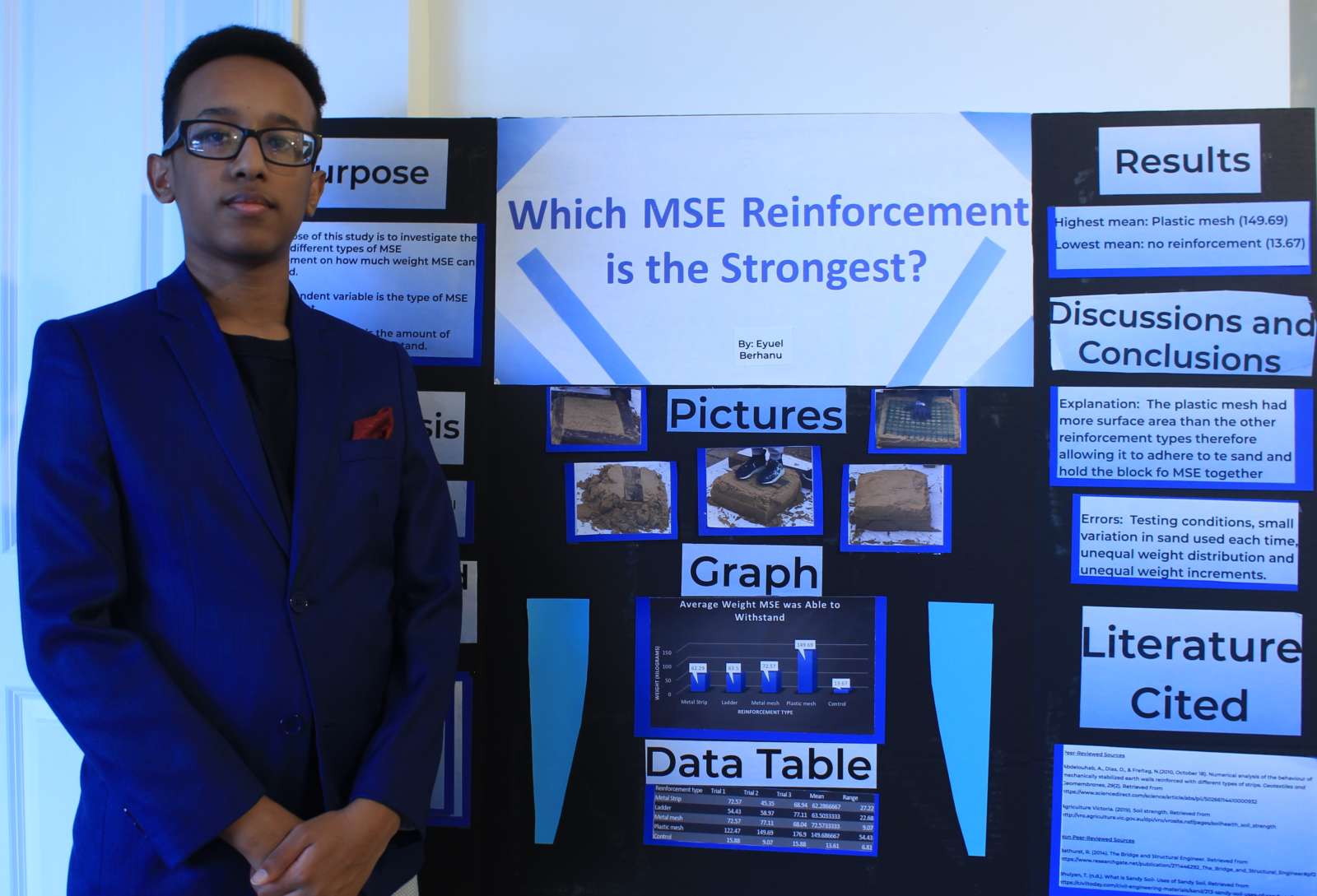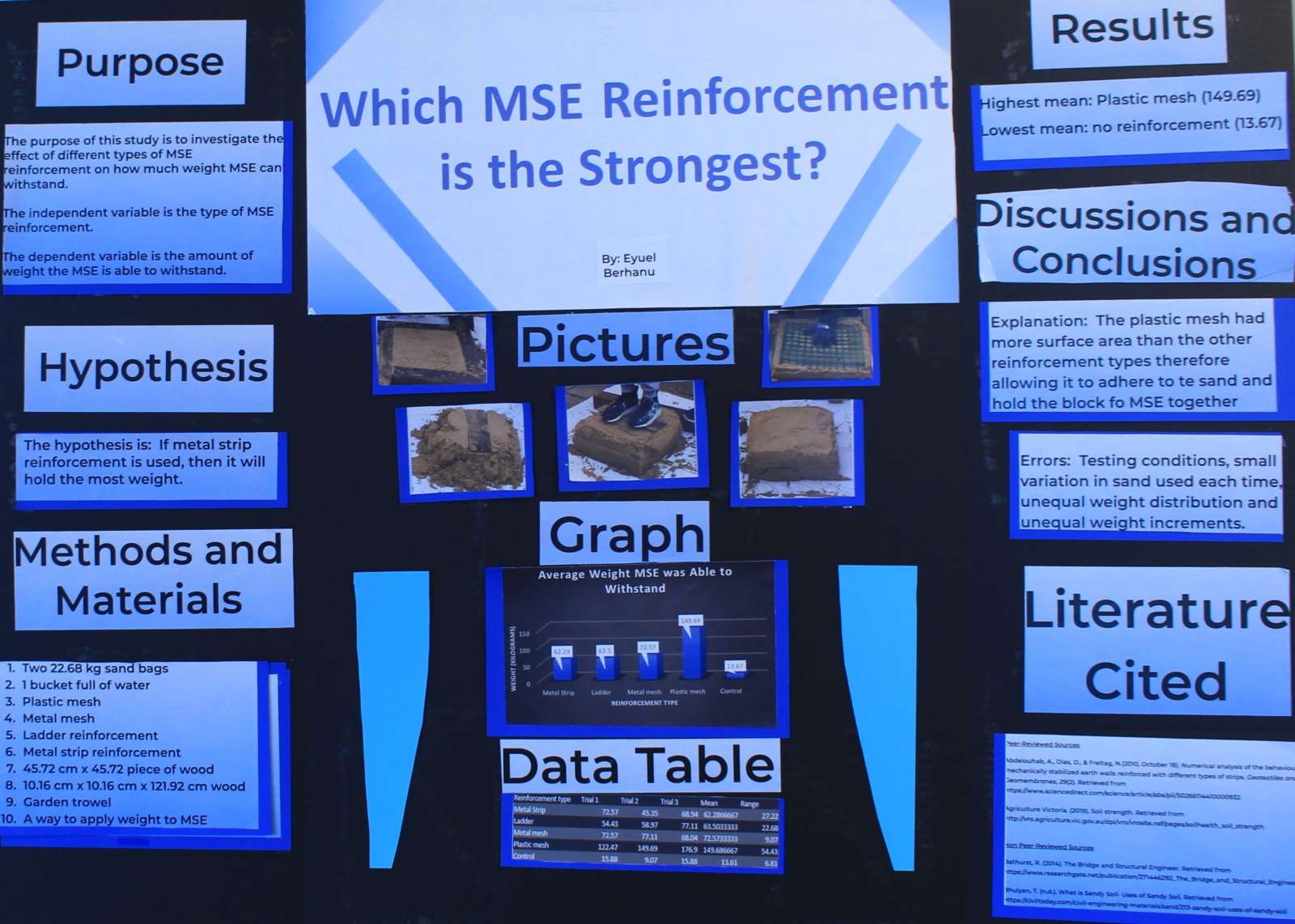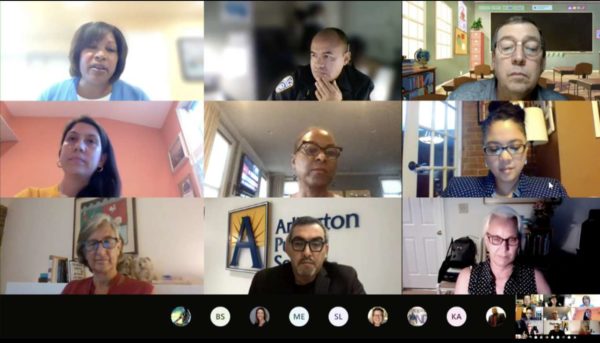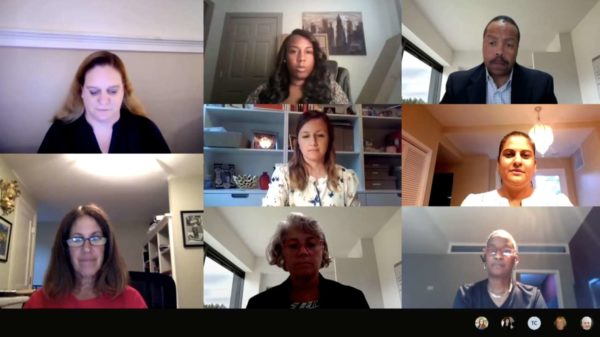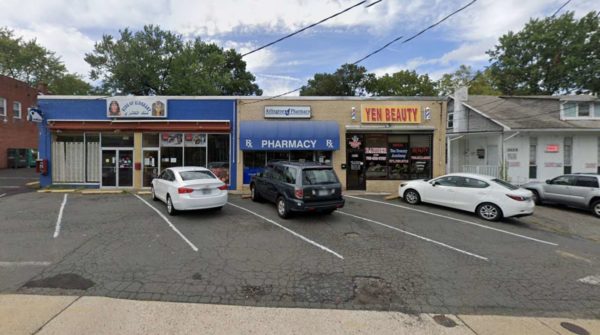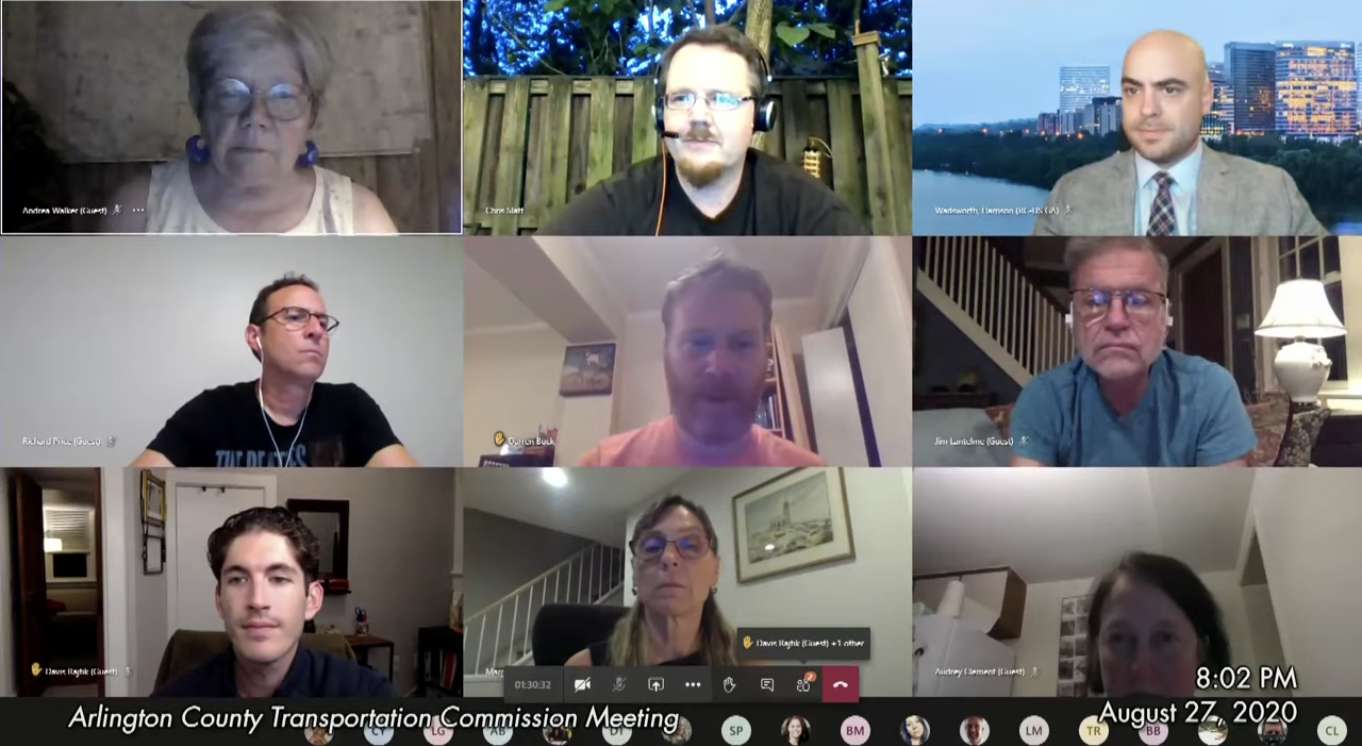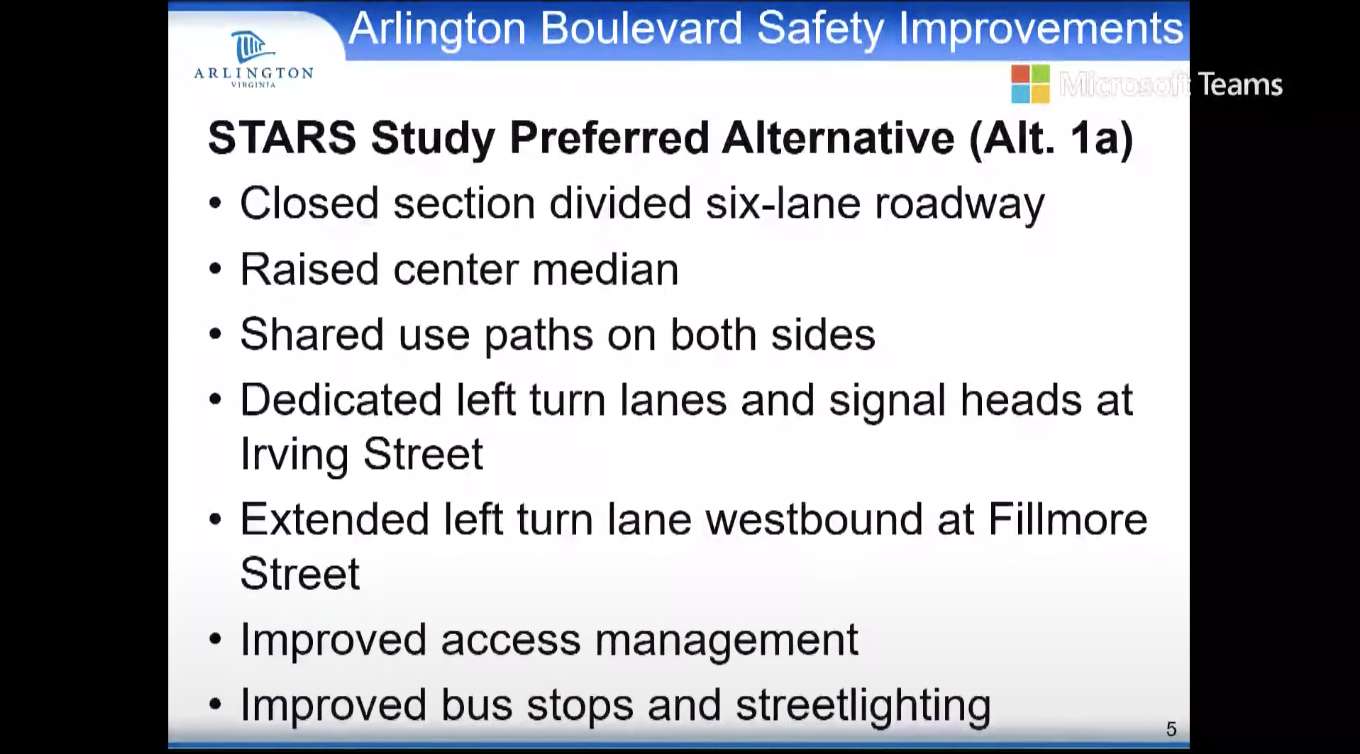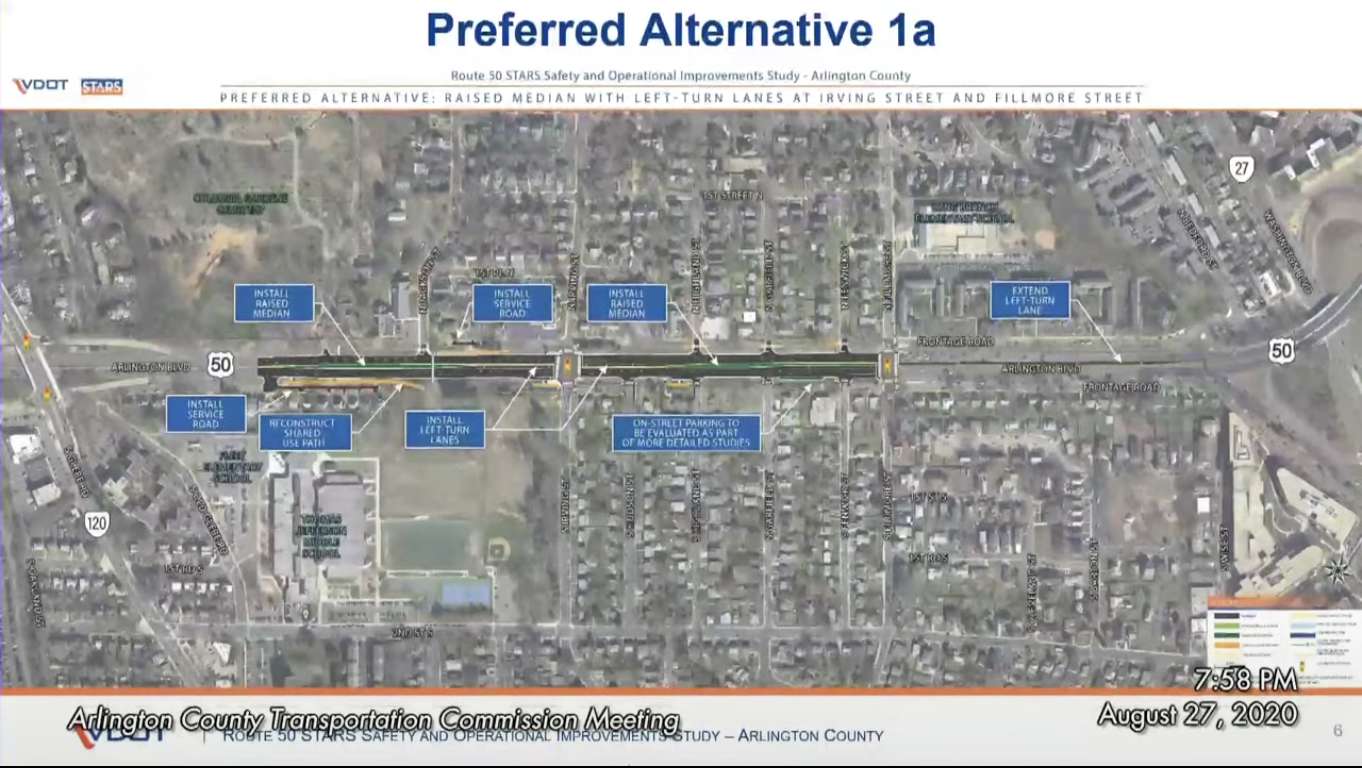(Updated at 3:35 p.m.) Phoenix Bikes, a bike shop and nonprofit located inside the Arlington Mill Community Center, will hold a scavenger hunt across Arlington between October 16-19.
Meant to be a pandemic-conscious alternative to Phoenix Bikes’ annual Arlington Fun Ride, the hunt will take bike riders to little-known sites around the county as they follow a trail of clues.
“We’re inviting people to discover the new, quirky and fun things that have always existed in Arlington, but maybe residents who have even lived here for many years just don’t know exist or have never had a reason to go find them,” Emily Gage, executive director of Phoenix Bikes, said.
The hunt’s full route will be about 20 miles long, but an option to complete half and a family-friendly route will also be included. Riders can win prizes from Phoenix Bikes as they solve clues at each stop that lead to the next location.
Gage said Phoenix Bikes looked for locations that are visually interesting and not widely known when choosing stops along the route.
While a full list is yet to be announced, Gage said there will be a mix of artistic sites and places with more historical meaning, a number of which will relate to Black history in Arlington.
Donors to the hunt include Lyft, the National Landing Business Improvement District and D.C-based Game Genius.
Riders can complete the route at any time over the event’s four days. Gage said this will decrease traffic and help maintain social distancing at each stop.
Locations can also be reached by scooter, car or walking, but Phoenix Bikes hopes participants will take advantage of the county’s bikeability.
“We want people to understand all of the places in Arlington that they can access by bike,” Gage said. “There’s a lot that’s hard in the world right now, and I think that there are some wonderful things to just enjoy and appreciate about this community.”
Registration for the event is open through October 15.
Want to rediscover why you love Arlington this fall? We've got the ride for you! Discover all things quirky, historic, and off the beaten path at the Arlington Treasure Hunt on October 16-19. Read more and sign up here: https://t.co/QWlsAjx9DM pic.twitter.com/jWl4vkfu88
— Phoenix Bikes (@PhoenixBikes) August 28, 2020
File photo





